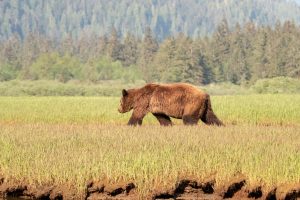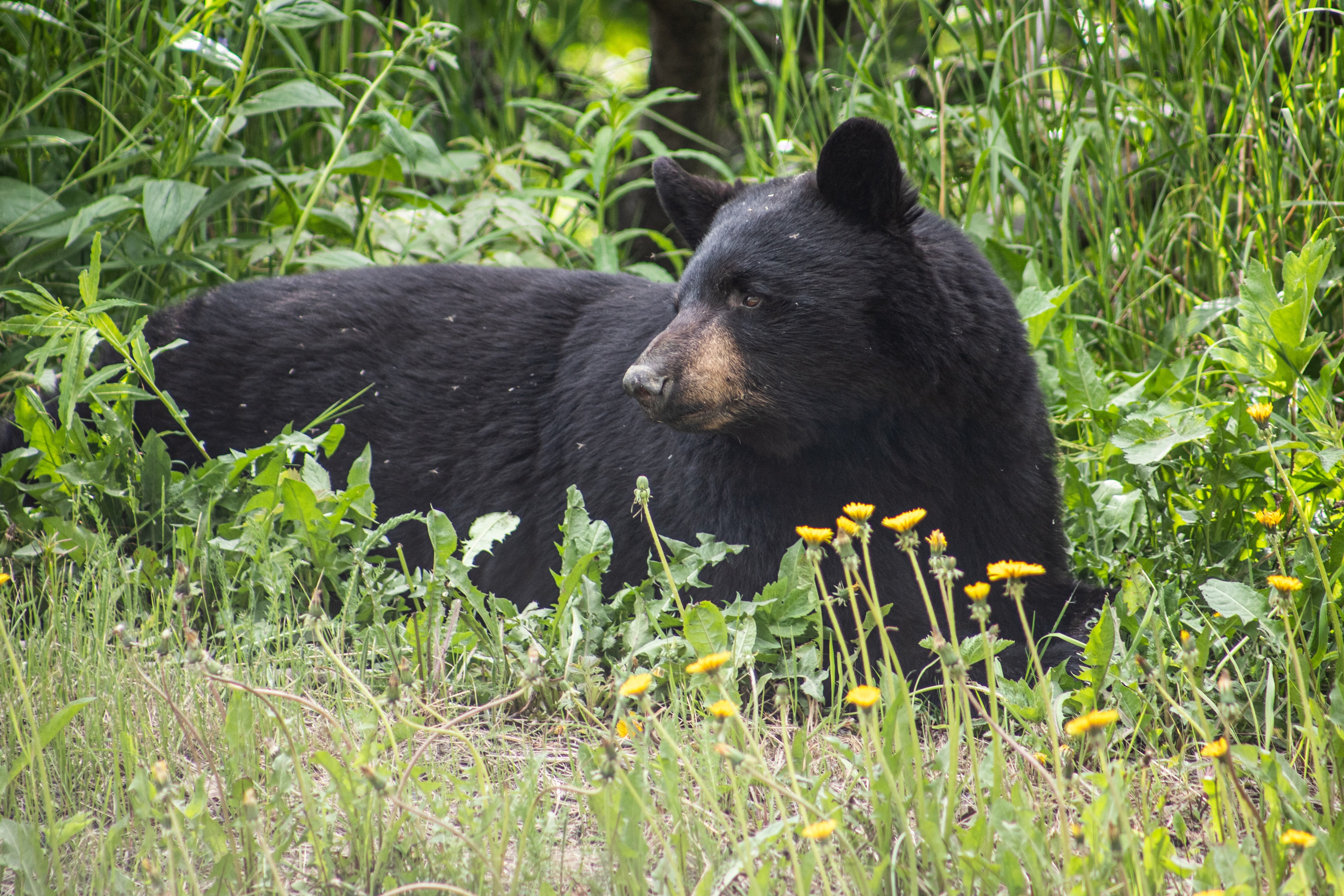Conservation groups file a lawsuit to stop black bear baiting, which they say has led to the deaths of protected grizzlies.
Federal judge, U.S. Magistrate Judge Candy Dale, issued a decision allowing a lawsuit filed by environmentalist groups to proceed despite the U.S. Forest Service and U.S. Fish and Wildlife Service’s withdrawal of important documents. The suit seeks to ban black bear baiting in national forests throughout Idaho and Wyoming. She shot down a second request by the Trump administration to dismiss the case.
The plaintiffs’ concern is that baiting the bears, which involves leaving food out and hiding until the animal is within shooting range, has led to the deaths of at least ten federally protected grizzly bears. However, the Trump administration argued the case should be dismissed because last summer it “withdrew some mid-1990s documents” which serve as the basis of the case.
The federal policy named in the lawsuit allows states to decide if hunters can use bait for black bears in areas that are also home to protected grizzlies, including national forests. The practice is widely accepted for hunting black bears because they are not considered endangered and, thus, not protected by the Endangered Species Act (ESA).

In issuing her decision, Dale said those documents “were used to create the 1995 hunting rule that remains in effect,” and withdrawing them does not affect the issue that is being challenged.
“Specifically,” Dale said, “the U.S. Forest Service and U.S. Fish and Wildlife Service formally withdrawing the documents – a biological opinion and incidental take statement – doesn’t make the case moot because hunting for black bears using bait continues. Consequently, the challenged activity has not voluntarily ceased.”
“States should not allow baiting that can attract grizzlies and lead to their deaths,” said Pete Frost, an attorney for the Western Environmental Law Center, the firm that is representing the environmental groups. “Grizzlies have been shot near bait, and more may die, unless the Forest Service properly acts.”
In her ruling, she allowed Western Watersheds Project and two others to decide whether to supplement to their initial complaint concerning the withdrawal of those mid-1990s documents with claims that doing so was illegal. She asked that both sides prepare their arguments for a future court date without specifically deciding on the merits of the case.
The 1995 policy approved by the U.S Forest Service and U.S. Fish and Wildlife Service allows “no inadvertent killing of grizzly bears.” However, the conservation groups are challenging this, contending it hasn’t worked, and hoping to eliminate future deaths of the ESA-protected animal. Currently, baiting is allowed in regions known for containing grizzlies, such as between the Greater Yellowstone ecosystem and the Bitterroot ecosystem in central Idaho, and between the Northern Continental Divide ecosystem in northwestern Montana and the Bitterroot ecosystem.
Idaho, Wyoming and the hunting group Safari Club International have all sided with Trump administration. However, over the summer, Dale rejected an earlier request to toss the case based on “a technical argument” in which the U.S. Fish and Wildlife Service said it “lacked the legal authority to re-initiate consultation with the U.S. Forest Service concerning bear baiting under the Endangered Species Act,” according to records. She called this technicality “without merit” and allowed the case to proceed.


Join the conversation!